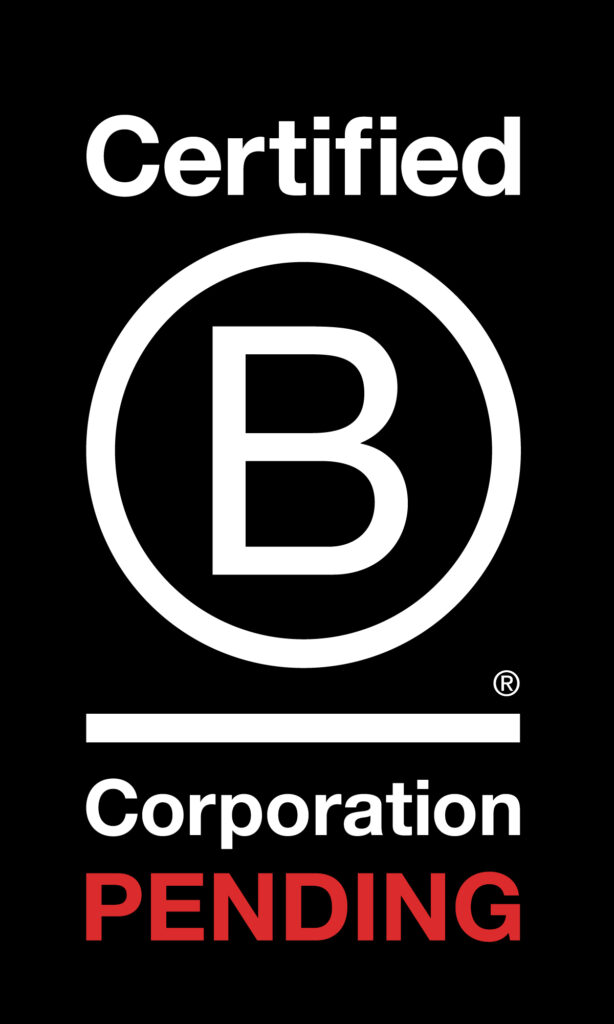Understandable concern exists surrounding the recent FTC decision banning employment-related noncompete agreements and policies. Specifically, how will it affect companies’ ability protect their interests while respecting employee and other worker rights?
It helps to put the FTC ruling into perspective. Often, the harm of enforcing a rigid noncompete agreement against an employee outweighs any real benefit to the company. For this public policy reason, non-competes have long been disfavored by the courts in many states. This has resulted in uncertainty regarding enforceability and a consequent shift to less reliance on non-competes in general.
Moreover, in many states, most notably California, post-employment non-competes have been prohibited or significantly restricted by statute for years. It is true the recent FTC ruling and state legislation (including California’s AB 1076 and SB 699 passed in 2023) go substantially further in restricting the use of employment-related non-competes, and questions exist as to the FTC’s authority to implement its proposed ban at all. But many alternative practical strategies for protecting a company’s interests remain effective and are good practice, regardless of the fate of the FTC’s ruling.
What are some of the best practices?
Leverage Non-Disclosure Agreements
A well-drafted non-disclosure or confidentiality agreement which prohibits both the use and disclosure of the company’s proprietary or confidential information, and which expressly survives termination of employment can be a powerful tool to protect the company’s intellectual property and trade secrets. This includes any intellectual property developed by the employee during the term of his or her employment. Ideally, have employees sign a comprehensive proprietary information and inventions assignment agreement (PIIA) at the start of employment.
Include a Nonsolicitation Clause
The FTC ruling and most state law distinguish between noncompete and nonsolicitation clauses. The latter remains a viable method for safeguarding client and employee relationships. Crafting precise language is critical, however. Appropriately tailor any restrictions to ensure enforceability under applicable state law. For example, keep the scope narrow and extend the restriction for a reasonable period, typically no more than two years.
Be Familiar With the Exceptions
The FTC ban isn’t all-encompassing. Exceptions exist for sales of businesses and accrued claims, for instance. However, nuances within these exceptions warrant careful examination to ensure enforceability. For example, in California, to qualify under that state’s sale of business exception, among other requirements the company must demonstrate the purpose of the noncompete is related to the protection of goodwill.
Focus on Retention and Employee Goodwill
Companies can also utilize bonuses, employee ownership, or other types of benefits to incentivize employees to remain with the company, and to preserve goodwill after an employee leaves. The more aligned the employee’s interests are with the company’s, the less likely the employee will take action contrary to the company’s best interests.
Comply Proactively
While the outcome of the FTC ruling remains uncertain, companies with existing noncompetes in place should be prepared to comply with the ruling, including providing the requisite notice to all workers (with a limited exception for “senior executives” as defined in the rule) stating that the worker’s non-compete clause will not be, and cannot legally be, enforced against the worker.
The FTC’s ruling underscores the evolving dynamics of employment law. By embracing strategic adaptations and staying attuned to legal developments, companies can navigate these changes while safeguarding their interests and fostering a fairer, more innovative workplace landscape.
This article is intended to provide general information about the FTC ban and does not constitute legal advice. We encourage you to consult with an attorney for advice based on your specific circumstances.
This article does not create an attorney-client relationship between ImpactGC and you or your company, or create any duties to provide advice with respect to the FTC ban. ImpactGC is not responsible for updating you or your company about developments regarding the FTC ban.












